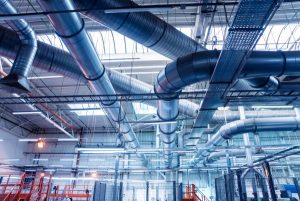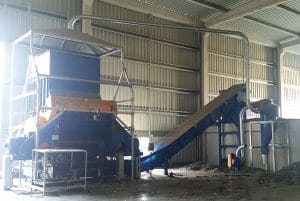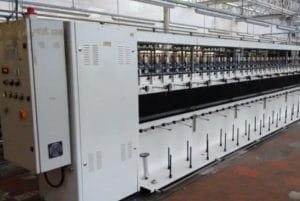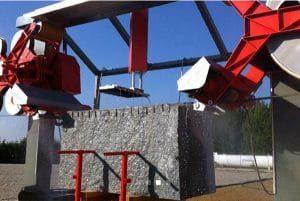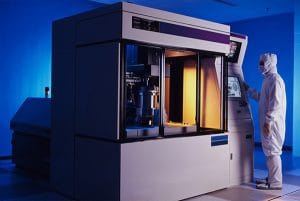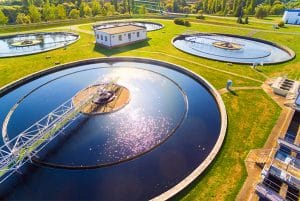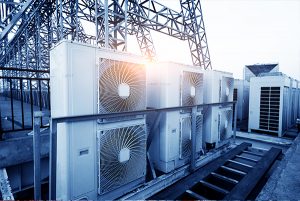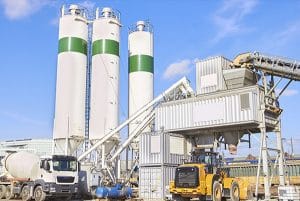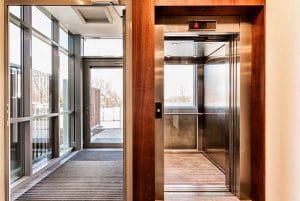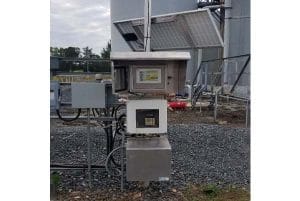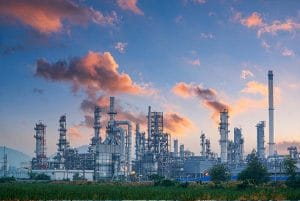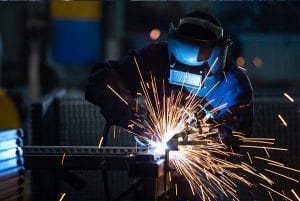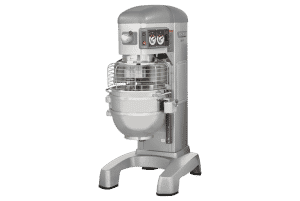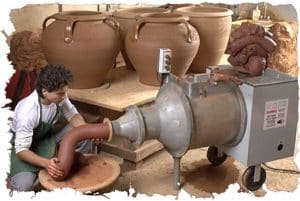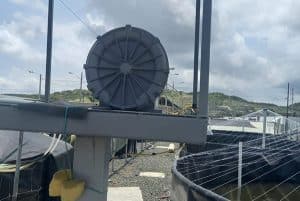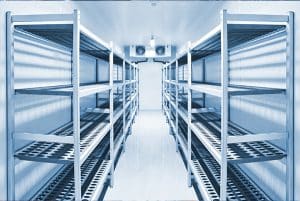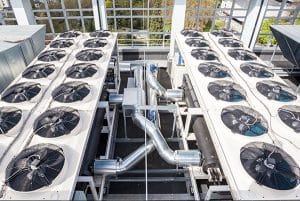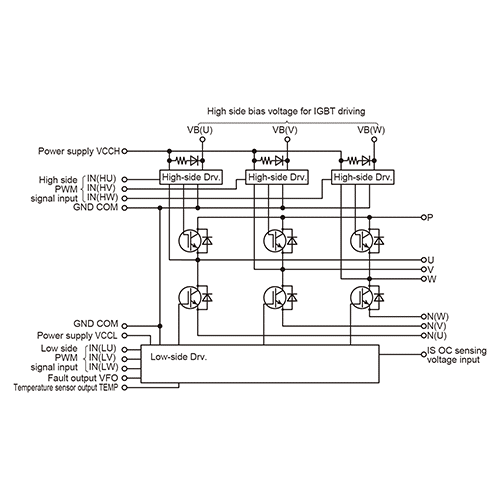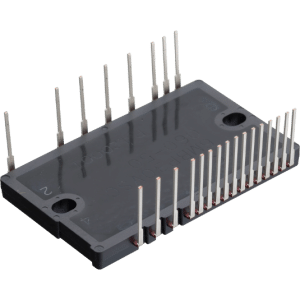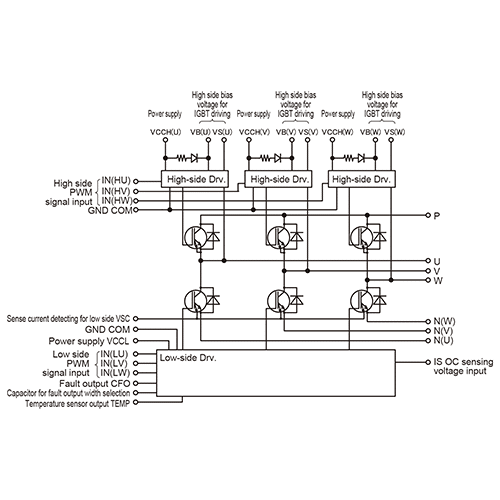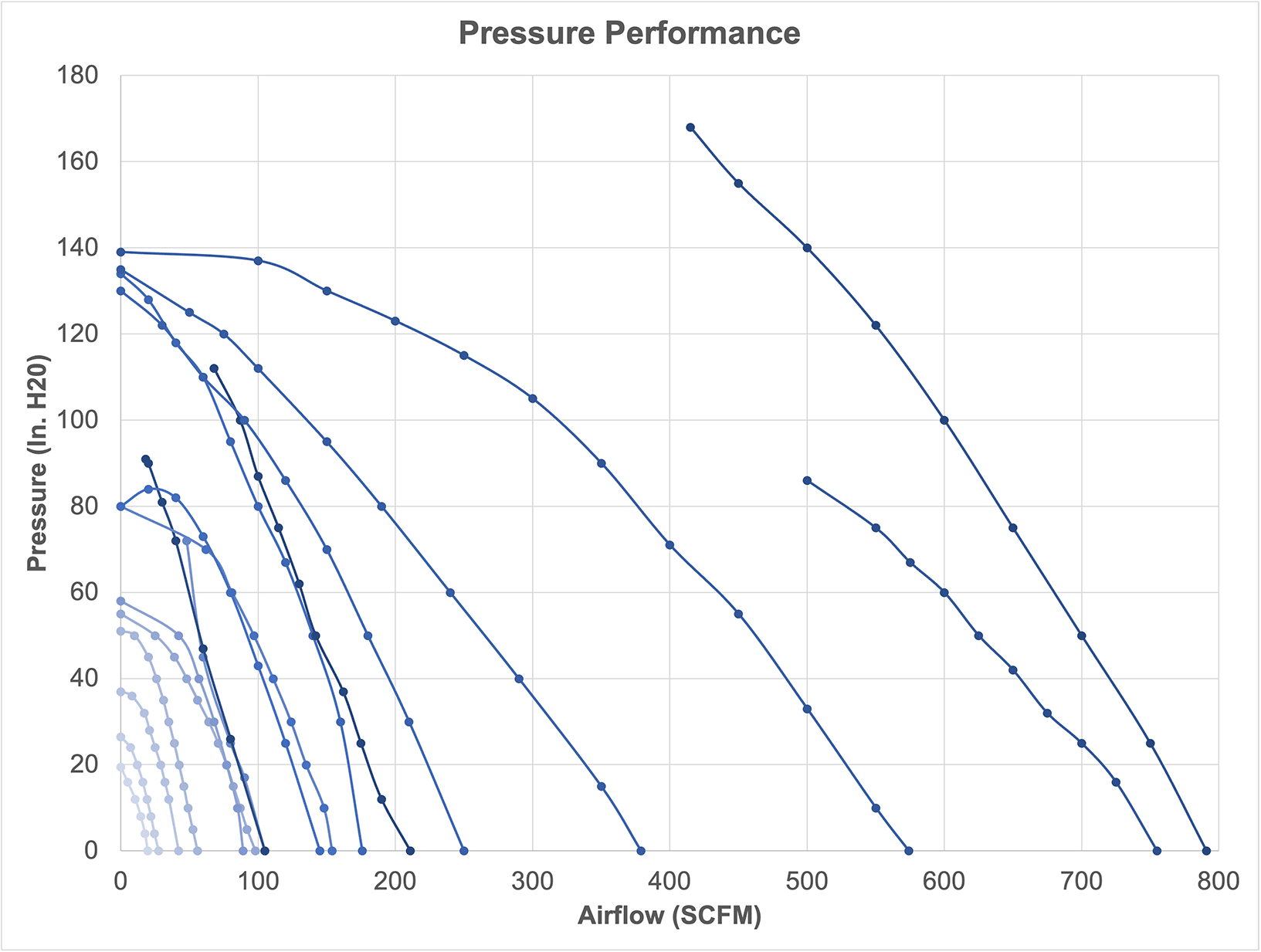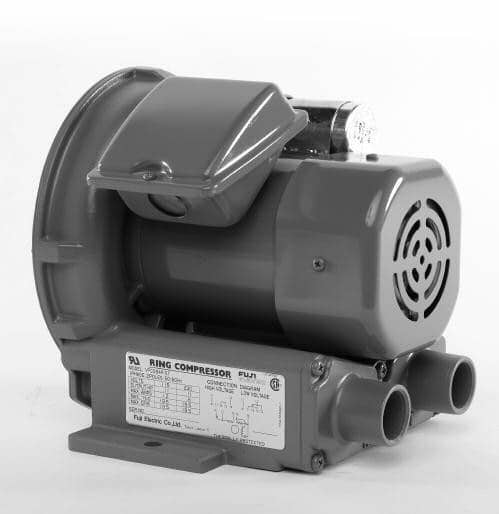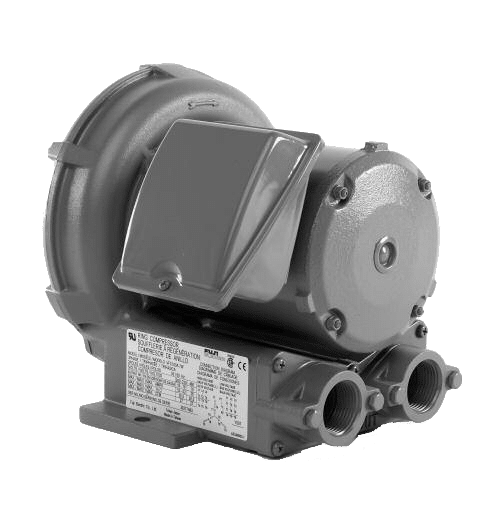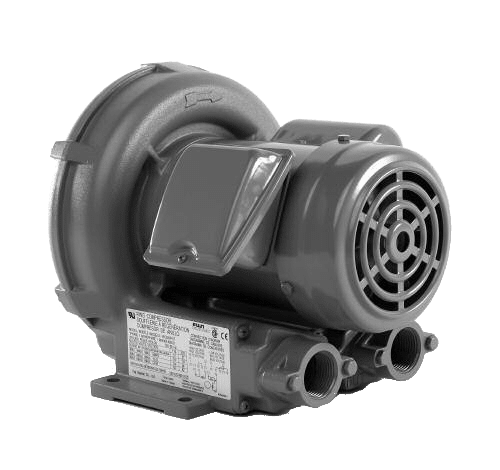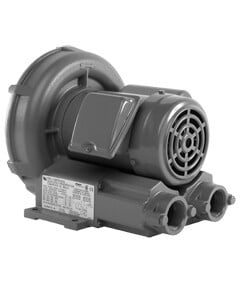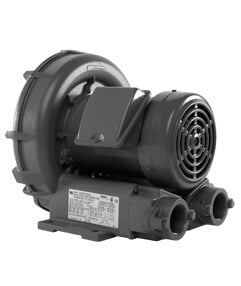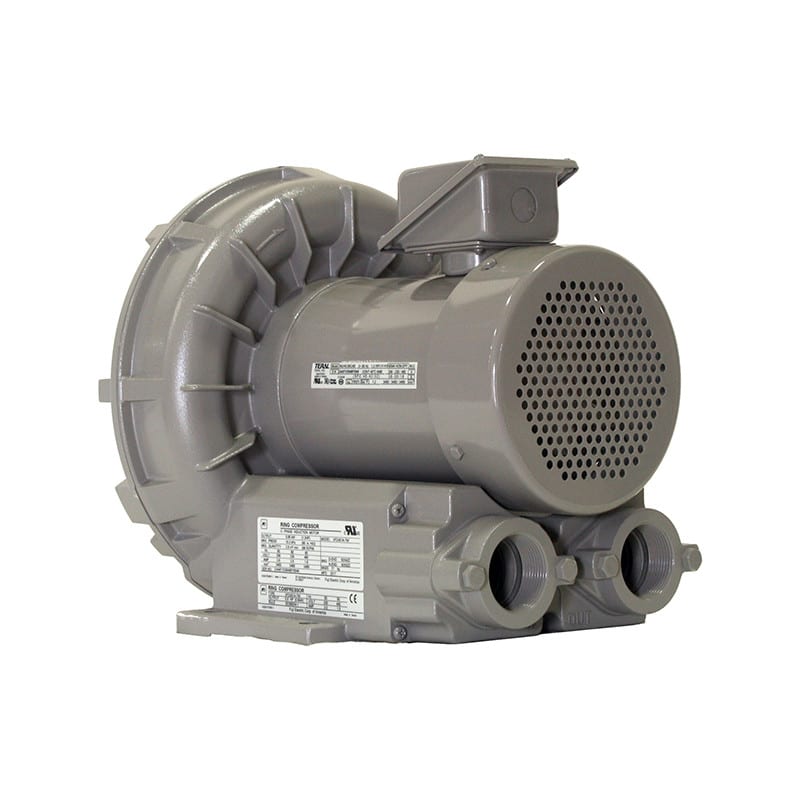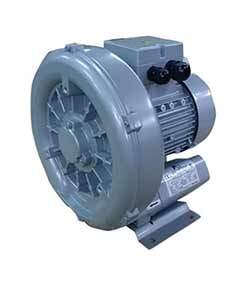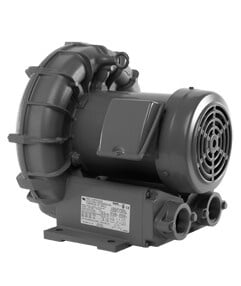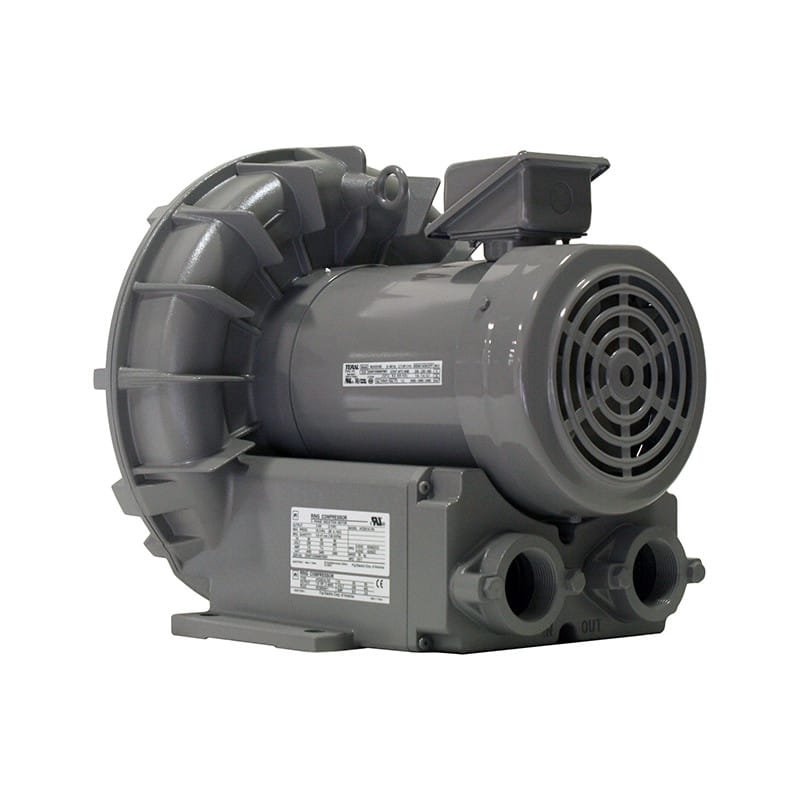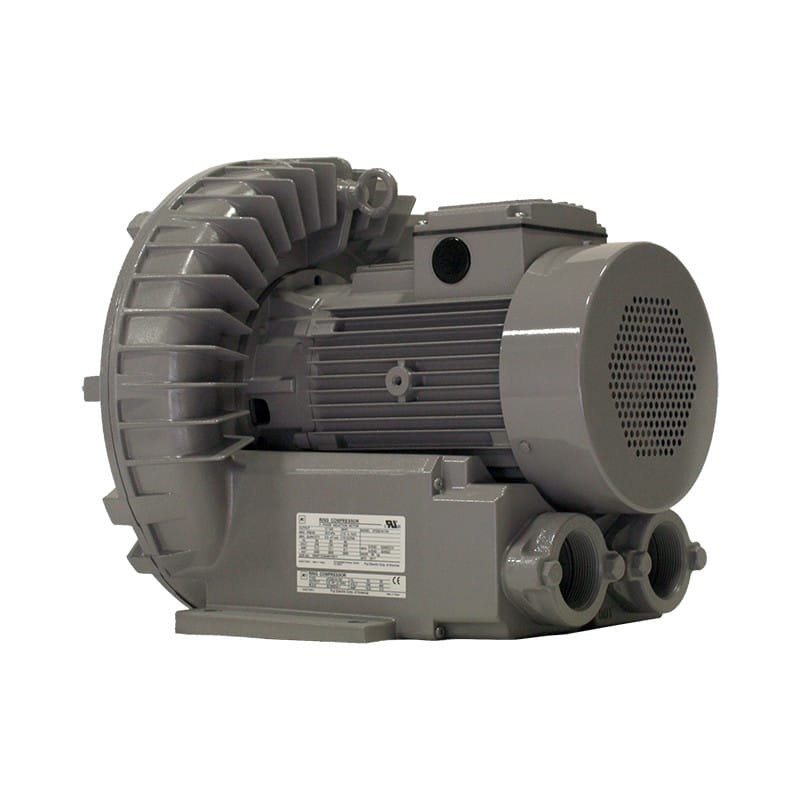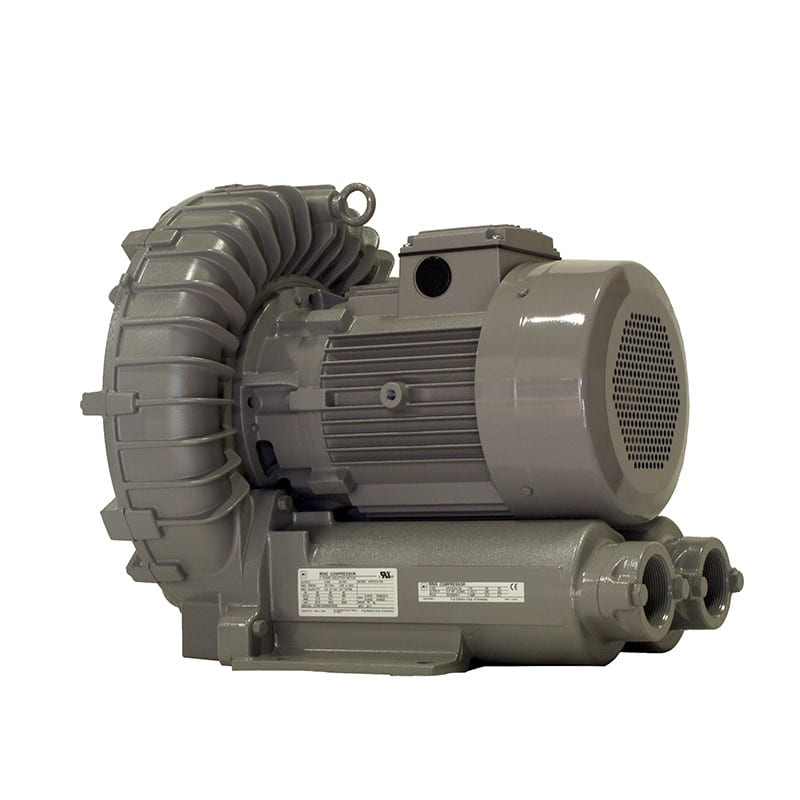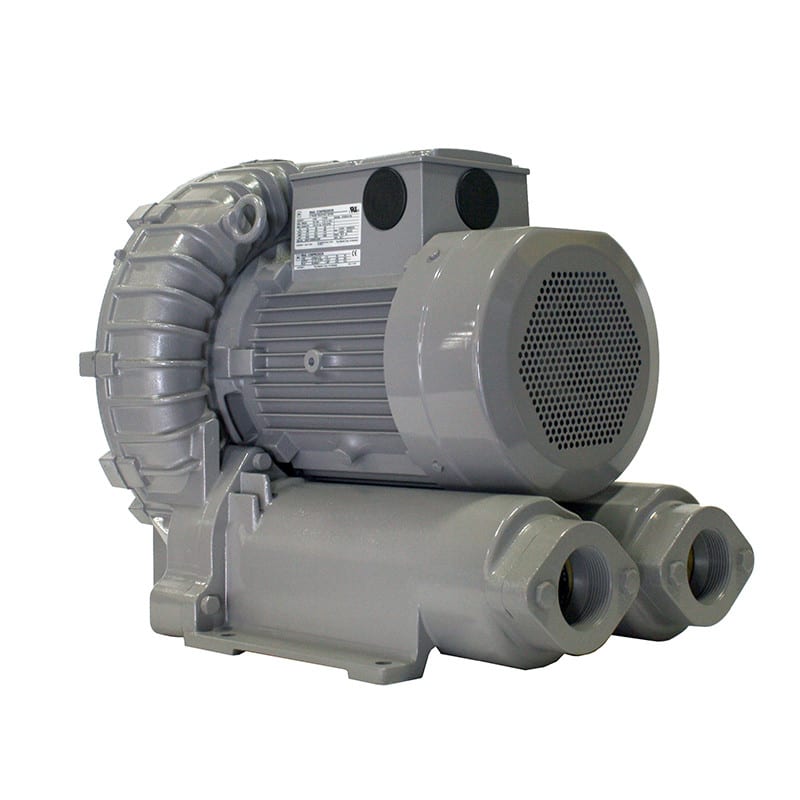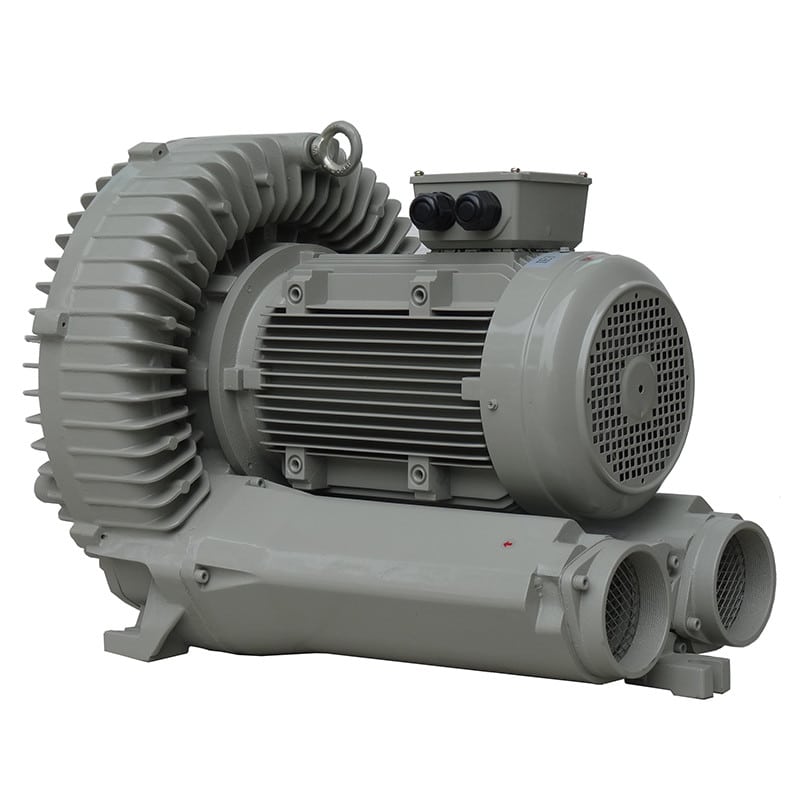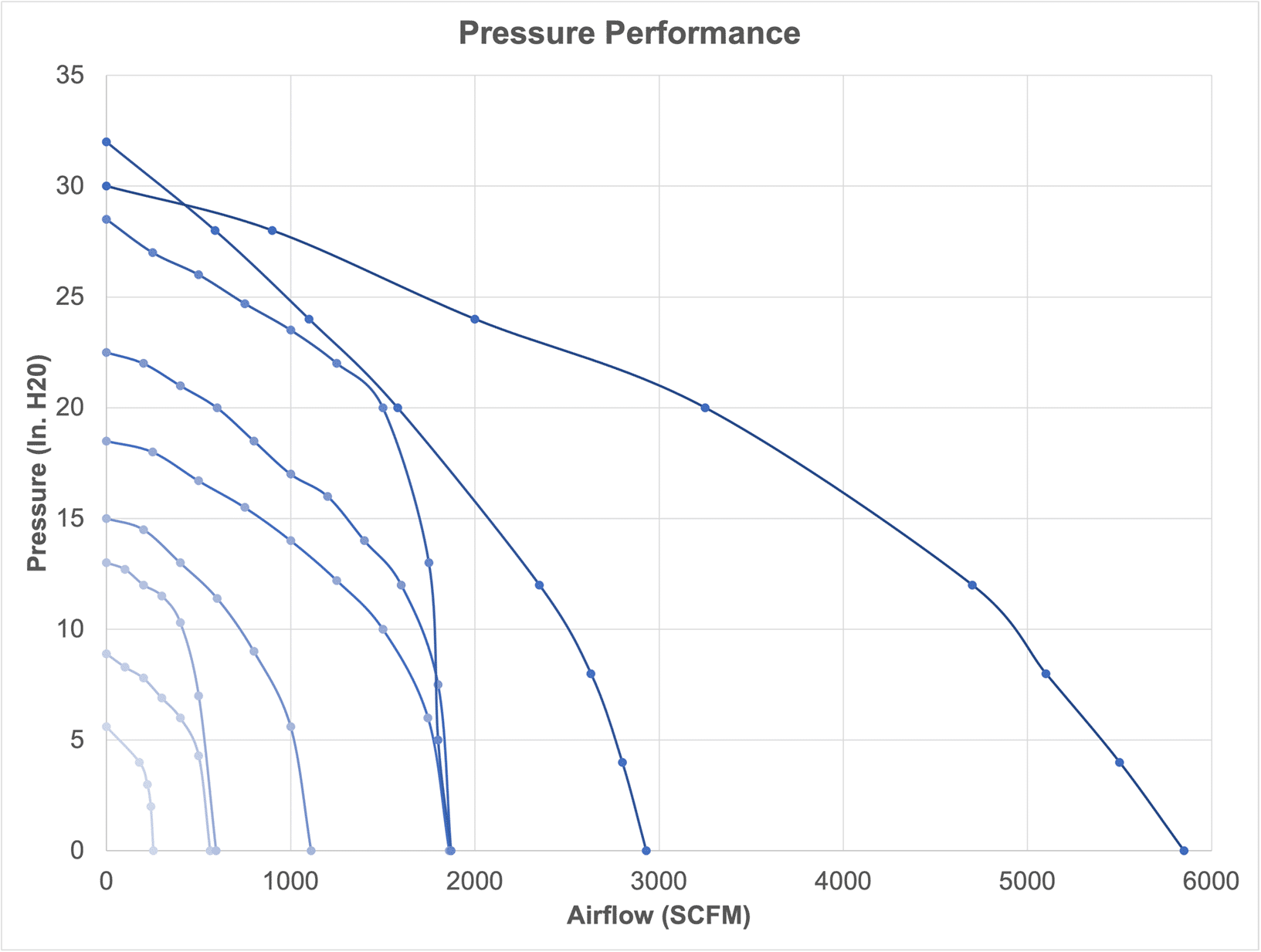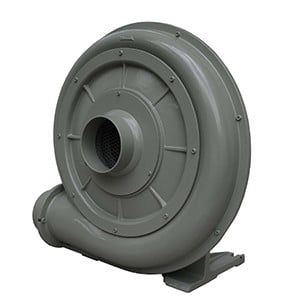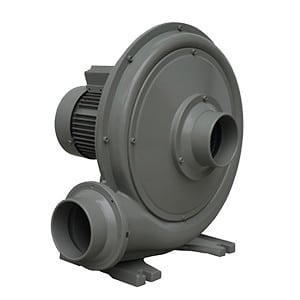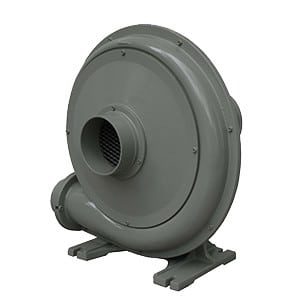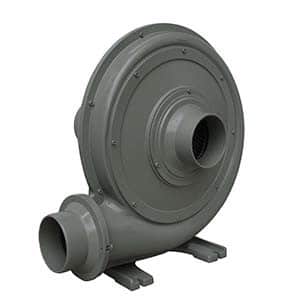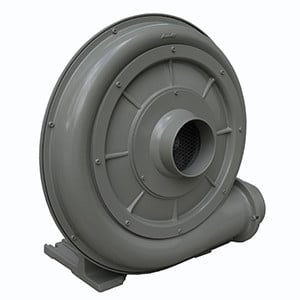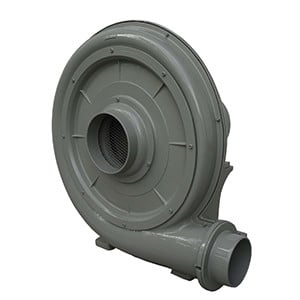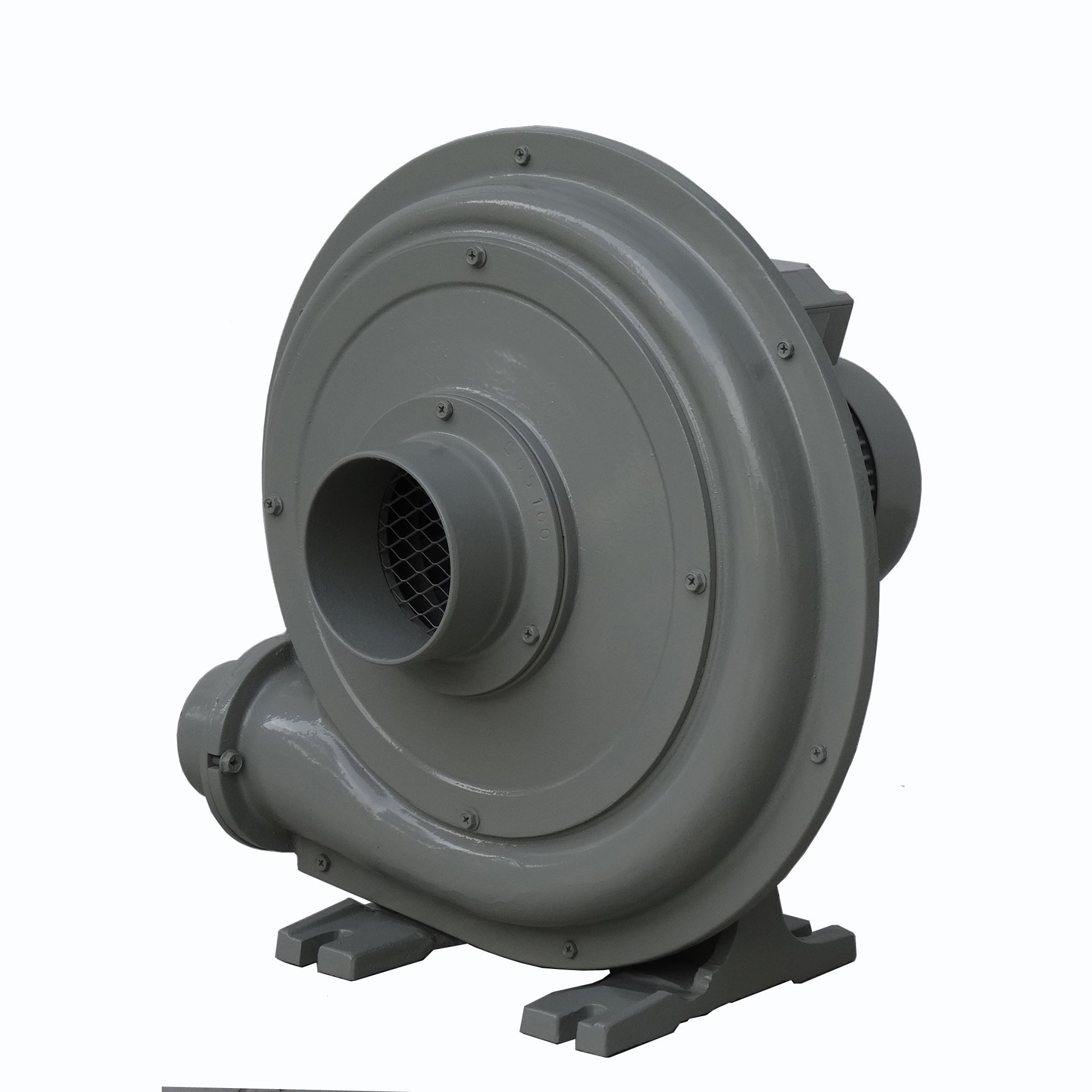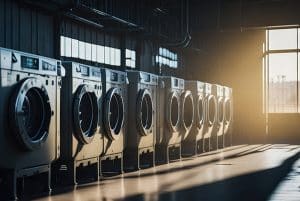Quality is a critical factor when selecting a regenerative blower because it directly impacts performance, reliability, efficiency, and the overall cost-effectiveness of your operations. Here’s why quality matters:
1. Performance and Efficiency
• Better airflow and pressure: High-quality regenerative blowers provide consistent and optimal airflow and pressure. This is essential for applications that require precise air handling, such as pneumatic conveying, vacuum lifting, or aeration.
• Energy efficiency: Quality blowers are engineered for efficient operation, consuming less energy while delivering the required air output. This results in reduced energy costs over time.
2. Durability and Longevity
• High-grade materials: Quality blowers are made from durable materials that withstand harsh industrial environments, temperature variations, and continuous operation. This reduces wear and tear, increasing the lifespan of the blower.
• Reduced downtime: Reliable blowers are less likely to break down, meaning fewer repairs, reduced downtime, and less disruption to your operations.
3. Low Maintenance Requirements
• Fewer repairs: High-quality blowers are designed to require minimal maintenance. They are less prone to frequent issues like bearing failure, impeller wear, or leaks, which can cause operational delays.
• Longer service intervals: Quality blowers often have extended service intervals, meaning you don’t need to shut down equipment for maintenance as frequently, saving time and labor costs.
4. Consistent and Reliable Operation
• Stable performance: Quality blowers are designed to deliver consistent airflow, even under varying load conditions. This is important in industrial processes where constant pressure or vacuum is essential.
• Less noise and vibration: High-quality blowers operate more smoothly with reduced noise and vibration levels, contributing to a safer and more comfortable working environment.
5. Safety
• Adherence to standards: Quality regenerative blowers comply with industry safety standards, reducing the risk of accidents or equipment failures that could endanger personnel.
• Emergency stop functionality: In some cases, better quality blowers have improved safety features such as emergency stop mechanisms or better motor protection, enhancing overall system safety.
6. Cost-Effectiveness
• Lower lifetime costs: Although high-quality blowers may come with a higher upfront cost, they often prove more economical over their lifetime due to lower maintenance costs, fewer breakdowns, and longer service life.
• Reduced energy costs: More efficient, high-quality blowers use less power for the same output, which translates into significant savings in energy bills over time.
7. Precision and Application Suitability
• Tailored designs: Quality regenerative blowers are often designed for specific applications, offering precision performance for tasks like vacuum creation, air handling, or gas circulation.
• Better adaptability: High-quality models often come with options for customization, making it easier to find a blower that perfectly fits your specific needs.
8. Warranty and Support
• Manufacturer backing: High-quality blowers usually come with solid warranties and better technical support, ensuring that any issues are quickly addressed.
• Spare parts availability: Reputable manufacturers of quality blowers provide readily available spare parts and support, making it easier to maintain and repair the blower if necessary.
9. Environmental and Regulatory Compliance
• Energy and environmental standards: Quality blowers often meet or exceed regulatory requirements for energy efficiency and environmental impact, which can be important for compliance with local or international regulations.
• Reduced emissions and noise pollution: Well-built regenerative blowers tend to emit less noise and waste heat, contributing to a quieter, more sustainable operation.
10. Enhanced Performance for Critical Applications
• Dependability in critical tasks: In applications where uninterrupted air supply is critical, such as in medical devices, wastewater treatment, or sensitive industrial processes, quality blowers ensure there’s no failure or unexpected downtime.
In summary, investing in a high-quality regenerative blower offers long-term advantages in terms of performance, reliability, efficiency, and safety, which ultimately contribute to better overall productivity and lower operational costs.




